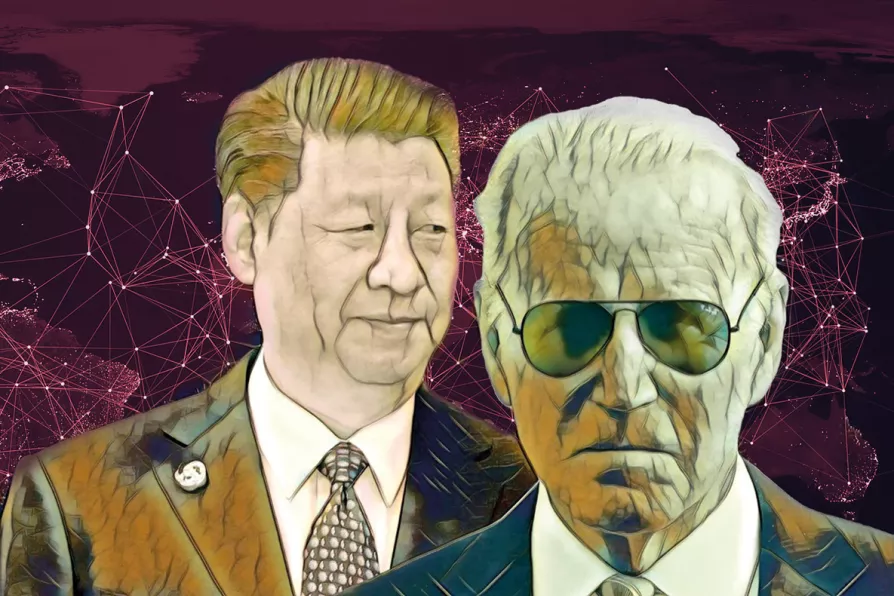Labour prospects in May elections may be irrevocably damaged by Birmingham Council’s costly refusal to settle the year-long dispute, warns STEVE WRIGHT


BACK in September 2002, Dan Plesch wrote an article in the Guardian titled Iraq first, Iran and China next. Less than a year earlier, George W Bush had put China on a nuclear hit list along with Russia, Iran, Iraq, Syria and North Korea. Twenty years on, it seems China’s turn has arrived, now identified as the US’s most consequential geopolitical challenge.
Iraq was a turning point for the world as Bush “seized the unipolar moment.” Shock and awe and full-spectrum dominance in air, land, sea and space presaged a new militarism to bolster US global supremacy.
Blatantly displacing the UN on the pretext of “humanitarian intervention,” the US found a new means of rallying allies in a “coalition of the willing,” embedding key Nato partners into “out of area” operations.

In a speech to the 12th Xiangshan Forum in Beijing, SEVIM DAGDELEN warns of a growing historical revisionism to whitewash Germany and Japan’s role in WWII as part of a return to a cold war strategy from the West — but multipolarity will win out

From 35,000 troops in Talisman Sabre war games to HMS Spey provocations in the Taiwan Strait, Labour continues Tory militarisation — all while claiming to uphold ‘one China’ diplomatic agreements from 1972, reports KENNY COYLE

JENNY CLEGG reports from a Chinese peace conference bringing together defence ministers, US think tanks and global South leaders, where speakers warned that the erosion of multilateralism risks regional hotspots exploding into wider war

In the first half of a two-part article, PETER MERTENS looks at how Nato’s €800 billion ‘Readiness 2030’ plan serves Washington’s pivot to the Pacific, forcing Europeans to dismantle social security and slash pensions to fund it










